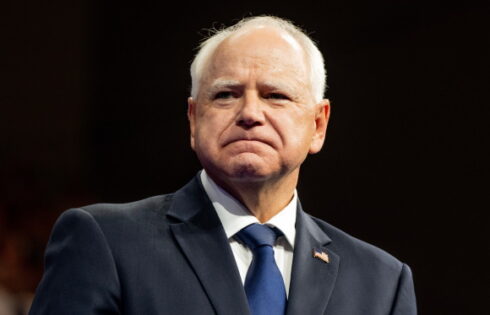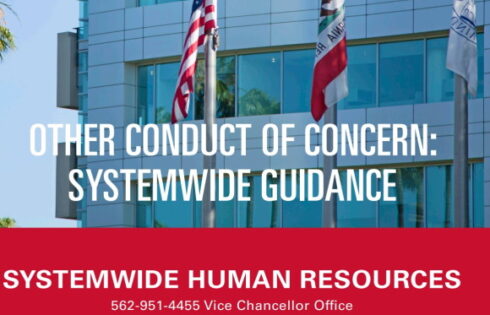A recent article on Peter Thiel–a libertarian activist and financial backer of Facebook who was depicted in The Social Network–lets his strong views on higher ed be known:
Instead, for Thiel, the bubble that has taken the place of housing is the higher education bubble. “A true bubble is when something is overvalued and intensely believed,” he says. “Education may be the only thing people still believe in in the United States. To question education is really dangerous. It is the absolute taboo. It’s like telling the world there’s no Santa Claus.” …
Like any good bubble, this belief– while rooted in truth– gets pushed to unhealthy levels. Thiel talks about consumption masquerading as investment during the housing bubble, as people would take out speculative interest-only loans to get a bigger house with a pool and tell themselves they were being frugal and saving for retirement. Similarly, the idea that attending Harvard is all about learning? Yeah. No one pays a quarter of a million dollars just to read Chaucer. The implicit promise is that you work hard to get there, and then you are set for life. It can lead to an unhealthy sense of entitlement. “It’s what you’ve been told all your life, and it’s how schools rationalize a quarter of a million dollars in debt,” Thiel says. …
But Thiel’s issues with education run even deeper. He thinks it’s fundamentally wrong for a society to pin people’s best hope for a better life on something that is by definition exclusionary. “If Harvard were really the best education, if it makes that much of a difference, why not franchise it so more people can attend? Why not create 100 Harvard affiliates?” he says. “It’s something about the scarcity and the status. In education your value depends on other people failing. Whenever Darwinism is invoked it’s usually a justification for doing something mean. It’s a way to ignore that people are falling through the cracks, because you pretend that if they could just go to Harvard, they’d be fine. Maybe that’s not true.”
Thiel is offering investments of $100,000 to each of 20 students who decide to start their own businesses rather than finishing college. Facebook, after all, wasn’t founded on a college degree.
Like The College Fix on Facebook / Follow us on Twitter





Please join the conversation about our stories on Facebook, Twitter, Instagram, Reddit, MeWe, Rumble, Gab, Minds and Gettr.